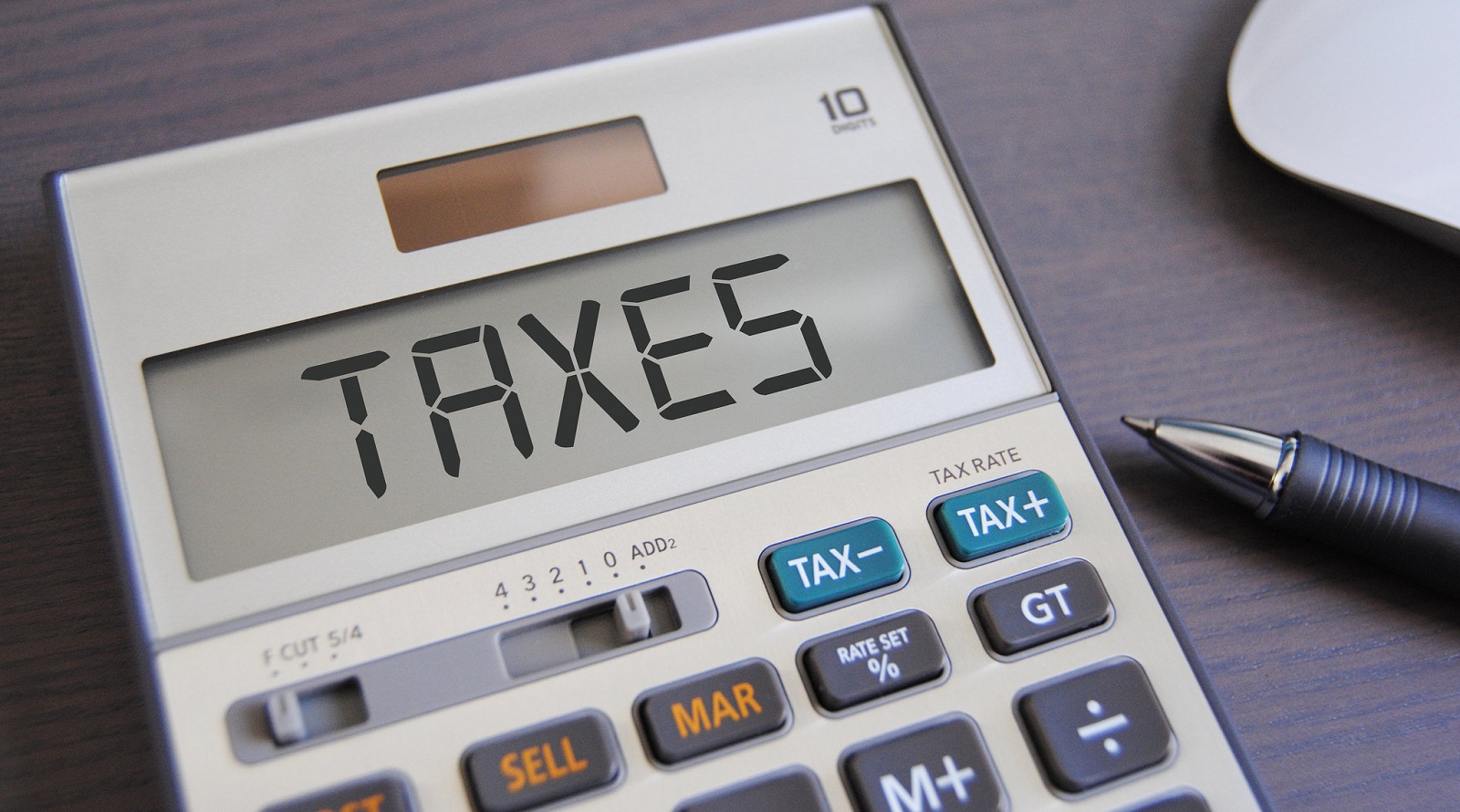
Small businesses in the UK and the proprietors or partners who own them are subject to various taxes – ranging from Corporation Tax to Capital Gains Tax.
Below is an overview of some of the most common business taxes you may encounter as a small business owner in the UK.
Corporation Tax
Corporation Tax is a business tax levied on income or profits made by limited companies in the UK.
For Corporation Tax, companies first need to calculate their operating earnings. This is calculated by deducting expenses related to operating the business, like the cost of goods sold, depreciation, general operating costs, etc. from the actual revenues. Once the operating earnings are derived, the existing Corporation Tax rate is applied to ascertain the amount a company is liable to pay to the HM Revenue & Customs (HMRC).
The payment of Corporation Tax is usually due nine months and one day after the end of a company’s accounting period.
The current Corporation Tax rate is 19%.
PAYE
PAYE (Pay As You Earn) is a scheme regulated by HMRC to collect income tax from your employees as they earn it.
Self-proprietors are not affected by PAYE; they need to self-assess their income and file a tax return.
Limited companies, however, that have their own staff and draw salaries, are considered as employers, and they have to understand and operate PAYE as a part of their payroll system.
PAYE is a complicated subject with many rules. For that reason, it will be in the best interest to get professional advice. In fact, for a small business, considering outsourced payroll services, which also include PAYE tax advice, can prove very beneficial.
If operating PAYE, employers must pay to HMRC every month!
Value Added Tax (VAT)
Value Added Tax (VAT) is a consumption tax levied on most goods and services provided by businesses registered in the UK.
UK VAT rates differ based on different goods and services, yet, the current standard VAT rate is 20%, the reduced rate is 5%, and the zero rate is, as you have guessed, 0%.
Companies need to register for VAT if their turnover is more than the current VAT threshold specified by the HMRC. Currently, the VAT threshold is £85,000.
Every VAT-registered business in the UK needs to submit its VAT returns online, usually every three months. And, in order to pay the VAT bill, businesses need to rely on electronic mediums, such as internet banking or direct debit.
Capital Gains Tax
Capital Gains Tax (CGT) is a tax levied on the profit that a company makes by selling its own assets. These assets include plant and machinery, fixtures and fittings, land and building, shares, trademarks, etc.
The current CGT is 20% on profits made from selling assets.
There are ways to reduce the Capital Gains Tax liability, but for that, you need to start early tax planning and get the right tax advice from a professional.
Tax business can be very confusing for a business owner. Therefore, just get in touch with us and engage our experienced tax accountants for small business in the UK.
We are the leading small business accountancy firm with some of the best small business tax accountants in the UK. We will help you deal with all your Personal and corporate taxes in the most professional manner. Ranging from Corporation Tax and VAT to PAYE and Capital Gains Tax, our tax accountants for small business in the UK will take care of everything on your behalf.
